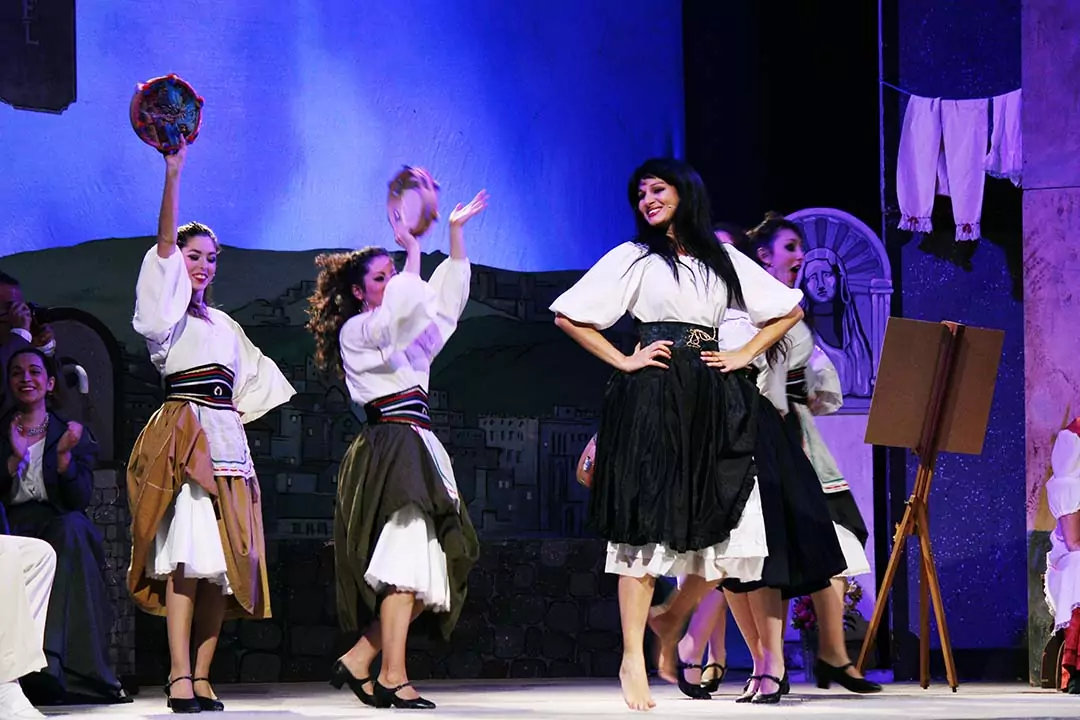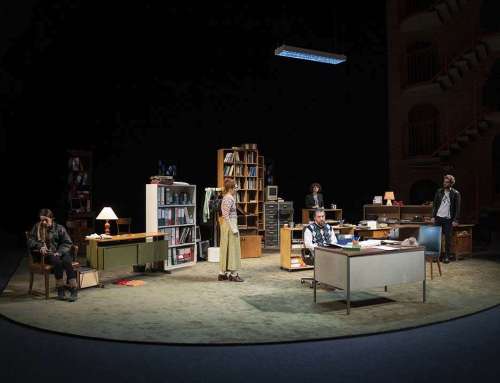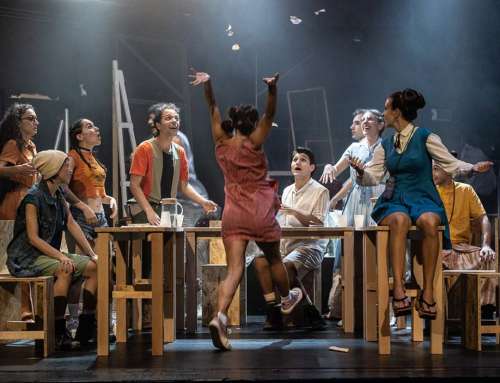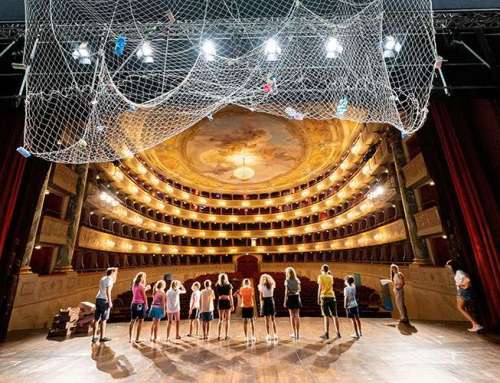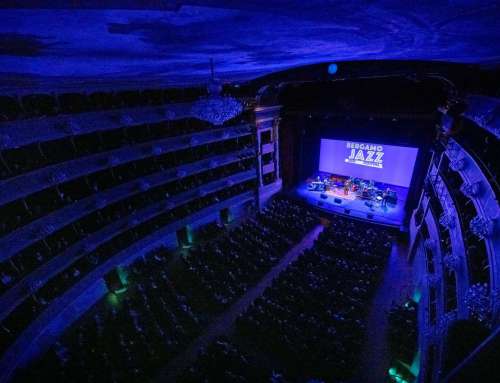On Sunday, March 30 (3:30 PM), the Operetta Season of the Donizetti Theater Foundation concludes: the main city theater will stage Scugnizza, an operetta in three acts by Carlo Lombardo and Mario Costa that fully embodies typical Neapolitan lyricism. It will be performed by the Elena D’Angelo Operetta Company, which returns to the Donizetti after last year’s success with The Duchess of the Bar Tabarin. On stage: Elena D’Angelo, who also directs, Matteo Mazzoli, Paolo Cauteruccio, Merita Dileo, Gianni Versino, Maresa Pagura, Carlo Randazzo, Paola Scapolan. Orchestra conductor Marcella Tessarin. Choreography by Martina Ronca. Set and costumes by Grandi Spettacoli. Duration 2 hours without intermission. Tickets from 15 to 45 Euros, reduced from 12 to 36 Euros.
“When Carlo Lombardo went to the station to wait for Mario Costa’s arrival, he didn’t even know precisely the real reason for their meeting. It was known that Costa needed a lot of money, given the debts accumulated from gambling at the Monte Carlo Casino, so it was ideal for him to work for Lombardo, a wealthy impresario from Milan. As soon as he got off the train, Costa was taken to the prestigious Lombardo music house and was ordered to write an operetta on the spot. After two weeks, Scugnizza was ready with an effective libretto and a series of well-crafted and often inspired pieces, first among them ‘Napoletana’ and ‘Salomè, ‘Una rondine non fa primavera’,” recounts Elena D’Angelo, “Scugnizza premiered at the Alfieri Theater in Turin on the evening of December 16, 1922, with the protagonist Salomè played by Nella Regini who, as a true and somewhat capricious diva, set as a condition for her participation in the event to be able to wear lavish toilettes even in this new operetta. Great success with audience and critics, except for Regini’s inappropriate dresses. Scugnizza is certainly the Italian operetta par excellence, full of typically Neapolitan lyricism. The story, at times moving and at times comical, is absolutely plausible and reflects the canons of the ‘Italian-style’ operetta, with those regional traits that distinguish our operetta production. The direction is absolutely philological, as is the intent of the Elena D’Angelo operetta company, with the addition of a feature that enhances the story: The song ‘Era de Maggio’, also by Costa, which is not present in the 1922 score, is entrusted to the character of Totò, but with modified lyrics. This novelty was desired by the author and added in subsequent editions.”

